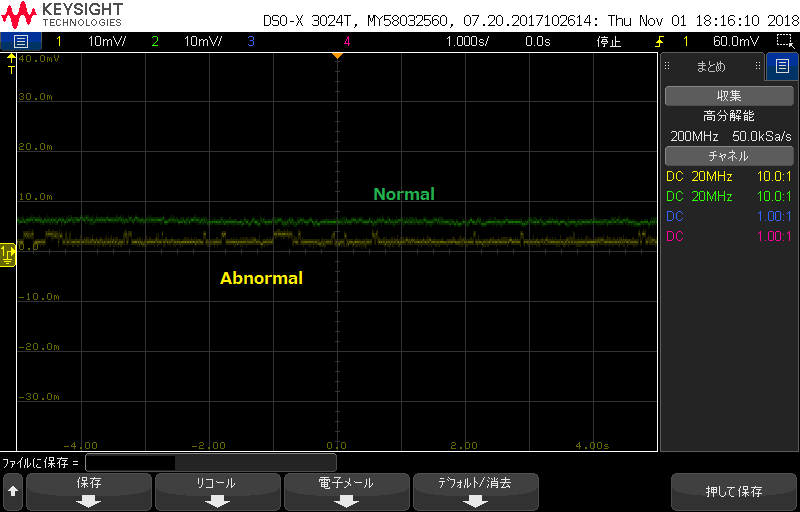Other Parts Discussed in Thread: LME49720
Hi,
Our customer is faced with the noise issue for LME49860.
Then, there is a difference of about 9dB when comparing the noise characteristics of non-defective products and defective products with the same pcb.
Is there possibility of the popcorn noise as the root cause ?
In addition, can the popcorn noise be measured and detected accurately with the automatic test equipment(ATE) ?
This product is in mass production soon, so could you please tell me how to improve this issue ?
Best regards,
Kato


